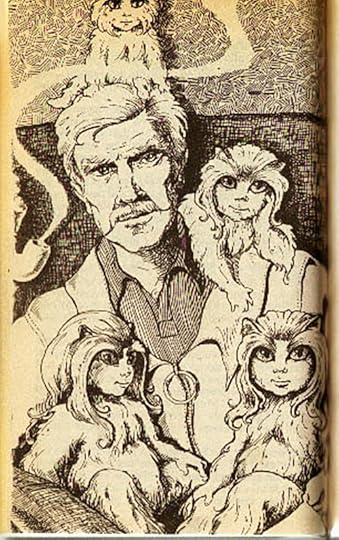What do you think?
Rate this book


252 pages, Paperback
First published January 1, 1962



"Take a drink because you pity yourself, and then the drink pities you and has a drink, and then two good drinks get together and that calls for drinks all around."